January 23 stands as one of history’s most eventful days, witnessing the rise and fall of empires, groundbreaking discoveries, and moments that shaped our modern world across centuries of human achievement.
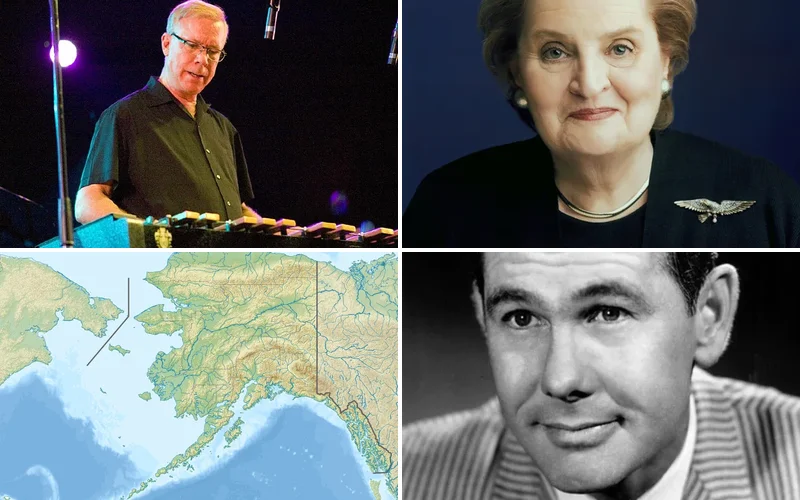
Politics and Government Events on January 23
1950 – Israeli Knesset Declares Jerusalem as Capital
The Knesset officially resolved that Jerusalem would serve as Israel’s capital city. This momentous decision established the nation’s political center just two years after independence.
The resolution sparked decades of international debate and diplomatic complexity. Jerusalem’s status as capital remains one of the most contentious issues in Middle Eastern politics.
1997 – Madeleine Albright Becomes First Female Secretary of State
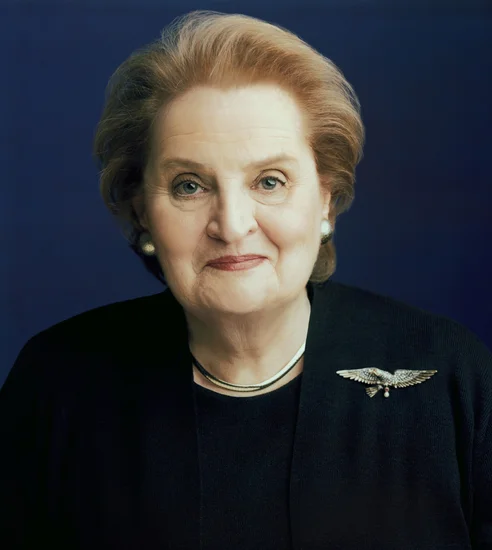
Madeleine Albright shattered the glass ceiling by becoming America’s first woman Secretary of State. President Clinton’s appointment marked a historic breakthrough for women in international diplomacy.
Albright brought decades of foreign policy experience to the position. Her tenure transformed America’s approach to global leadership and women’s roles in government.
2012 – Venezuelan President Flees Amid Uprising
President Marcos Pérez Jiménez fled Venezuela following massive street riots and general uprising. The popular rebellion forced the dictator to abandon power after years of authoritarian rule.
Citizens celebrated in the streets as democratic forces assumed control. This pivotal moment launched Venezuela’s transition toward more representative government.
2022 – Military Coup Overthrows Burkina Faso Government

Mutinying soldiers led by Paul-Henri Sandaogo Damiba deposed President Roch Marc Christian Kaboré. The military takeover occurred amid widespread anti-government protests across the West African nation.
The coup reflected growing frustration with civilian leadership’s inability to address security challenges. Regional organizations condemned the unconstitutional seizure of power.
Military and Naval History on January 23
1942 – Japanese Forces Launch Battle of Rabaul
Japanese military forces commenced their invasion of Australia’s Territory of New Guinea. The Battle of Rabaul marked Japan’s aggressive expansion into the Southwest Pacific theater.
Australian and Allied defenders faced overwhelming odds against the advancing Japanese army. This strategic victory provided Japan with crucial airfields and naval bases.
1943 – British Eighth Army Captures Tripoli
British Eighth Army troops successfully captured Tripoli in Libya from German-Italian Panzer forces. This victory marked a turning point in the North African campaign.
The liberation of Tripoli secured vital Mediterranean supply routes for Allied forces. General Montgomery’s triumph strengthened Britain’s position throughout the Middle East.
1945 – Operation Hannibal Launched by German Navy
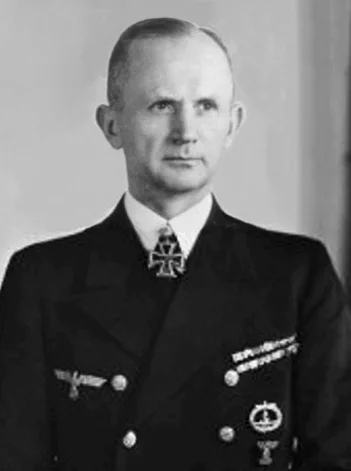
German Admiral Karl Dönitz launched Operation Hannibal, one of the largest naval evacuation operations in history. The operation aimed to rescue German civilians and military personnel from advancing Soviet forces.
Over 800 ships participated in evacuating more than two million people from East Prussia. The operation demonstrated the German Navy’s final major undertaking of World War II.
1968 – North Korea Seizes USS Pueblo
The Korean People’s Navy attacked and seized the USS Pueblo intelligence vessel in international waters. This aggressive act created a major diplomatic crisis between North Korea and the United States.
The crew endured eleven months of captivity and interrogation. The incident highlighted Cold War tensions and intelligence gathering operations in the region.
Science and Discovery Milestones on January 23
1960 – Bathyscaphe Trieste Sets Ocean Depth Record
The bathyscaphe USS Trieste descended to 10,911 meters in the Pacific Ocean’s Mariana Trench. This remarkable achievement represented humanity’s deepest ocean exploration at the time.
Jacques Piccard and Don Walsh accomplished this historic dive into the Challenger Deep. Their successful mission opened new frontiers in deep-sea research and exploration.
2003 – Final Signal from Pioneer 10 Spacecraft
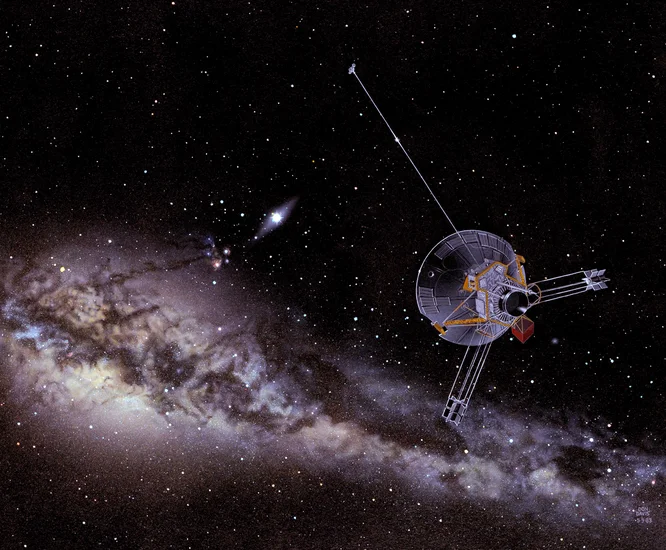
NASA detected the final weak signal from Pioneer 10, humanity’s first spacecraft to leave the solar system. The signal was too weak to extract usable scientific data.
Pioneer 10 had traveled over 7 billion miles during its 31-year mission. The spacecraft’s journey provided invaluable data about the outer solar system.
2018 – Massive Alaskan Earthquake Strikes

A powerful 7.9 magnitude earthquake struck the Gulf of Alaska, ranking as America’s sixth-largest recorded earthquake. Despite its tremendous force, the quake caused minimal damage or casualties.
The earthquake triggered tsunami warnings across the Pacific region. Scientific monitoring systems successfully tracked the event and coordinated emergency responses.
Cultural and Arts Events on January 23
1986 – Rock and Roll Hall of Fame Inducts First Class
The Rock and Roll Hall of Fame inducted its inaugural class of legendary performers. Little Richard, Chuck Berry, James Brown, Ray Charles, and Elvis Presley received this historic honor.
Sam Cooke, Fats Domino, The Everly Brothers, Buddy Holly, and Jerry Lee Lewis completed the founding group. These pioneers shaped popular music’s evolution throughout the twentieth century.
1957 – Frisbee Rights Sold to Wham-O
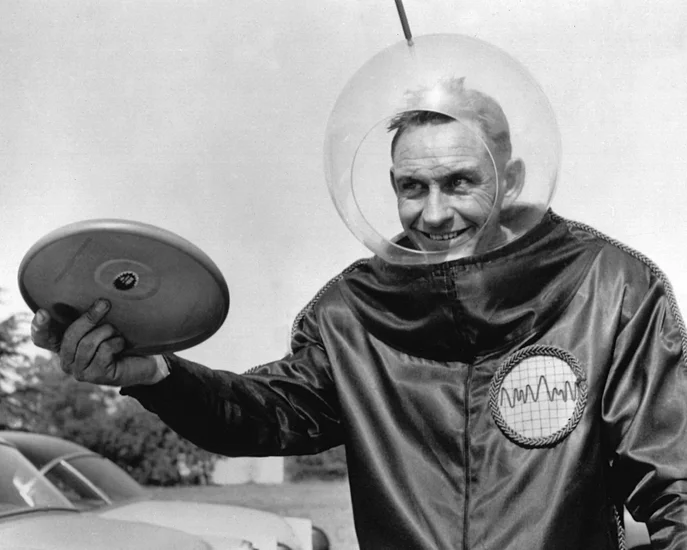
Walter Frederick Morrison sold his flying disc rights to Wham-O toy company. The company later renamed the product “Frisbee,” creating one of America’s most beloved recreational toys.
Morrison’s invention transformed from a simple flying disc into a cultural phenomenon. The Frisbee spawned numerous sports and recreational activities worldwide.
1904 – Ålesund Fire Devastates Norwegian Town
A catastrophic fire destroyed the Norwegian coastal town of Ålesund, leaving 10,000 residents homeless. Kaiser Wilhelm II funded the town’s reconstruction in distinctive Jugendstil architectural style.
The rebuilding effort created one of Europe’s most beautiful Art Nouveau cities. Modern Ålesund attracts thousands of visitors who admire its unique architectural heritage.
Religious and Social Events on January 23
1912 – International Opium Convention Signed
The International Opium Convention was signed at The Hague, marking the first global drug control treaty. Thirteen nations committed to regulating opium trade and consumption.
This pioneering agreement established international cooperation principles for drug control. The convention influenced decades of subsequent international narcotics legislation.
2001 – Tiananmen Square Self-Immolation Incident
Five individuals attempted to set themselves on fire in Beijing’s Tiananmen Square. Chinese authorities later claimed the incident was staged to discredit Falun Gong practitioners.
The controversial event escalated persecution of Falun Gong members throughout China. International observers disputed official accounts of the incident’s circumstances.
1920 – Netherlands Refuses to Surrender Kaiser Wilhelm II
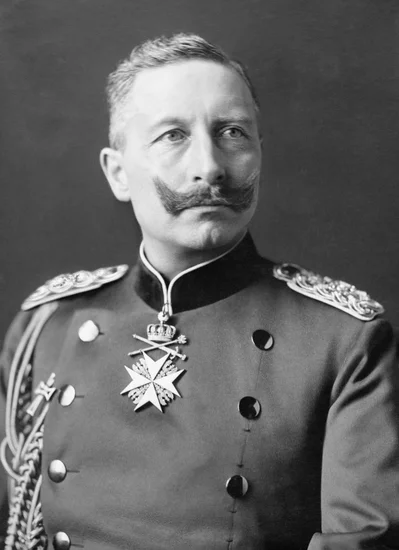
The Netherlands refused Allied demands to surrender exiled Kaiser Wilhelm II for war crimes prosecution. This decision protected the former German emperor from international justice.
The Dutch government cited neutrality principles and humanitarian concerns. Wilhelm II lived peacefully in exile until his death in 1941.
Business and Economic Events on January 23
2018 – Trump Launches China Trade War
President Donald Trump imposed tariffs on Chinese solar panels and washing machines. These actions marked the beginning of the extensive China-United States trade war.
The tariffs triggered retaliatory measures from China’s government. This economic conflict reshaped global trade relationships and supply chains.
1998 – Netscape Announces Mozilla Open Source Project

Netscape Communications announced the Mozilla project, releasing Communicator browser code as open source. This groundbreaking decision revolutionized software development practices.
The Mozilla initiative pioneered collaborative software development models. Open source principles transformed the technology industry’s approach to innovation.
1967 – Milton Keynes Founded as New Town
Milton Keynes was officially founded as England’s newest planned city through Order in Council. The ambitious project aimed to create a modern city for 250,000 residents.
The development enclosed three existing towns and twenty-one villages across largely agricultural land. Milton Keynes became a model for modern urban planning.
Transportation and Infrastructure on January 23
1909 – RMS Republic First Ship to Use CQD Distress Signal
RMS Republic became the first vessel to transmit the CQD distress signal after colliding with SS Florida. This maritime emergency occurred off the Massachusetts coastline.
The collision killed six people and Republic sank the following day. This incident demonstrated early wireless communication’s importance for maritime safety.
1982 – World Airways Flight 30 Crashes in Boston Harbor

World Airways Flight 30 overshot Logan International Airport’s runway and crashed into Boston Harbor. Two passengers were presumed dead after the aircraft broke apart.
The accident highlighted runway safety concerns at major airports. Investigation findings led to improved landing procedures and safety protocols.
2024 – Northwestern Air Flight 738 Crashes in Canada

Northwestern Air Flight 738 crashed shortly after takeoff from Fort Smith Airport in Northwest Territories. The accident killed six people aboard the aircraft.
The tragedy highlighted aviation safety challenges in Canada’s remote northern regions. Investigation focused on weather conditions and aircraft maintenance factors.
Sports and Recreation on January 23
1941 – Charles Lindbergh Testifies Before Congress
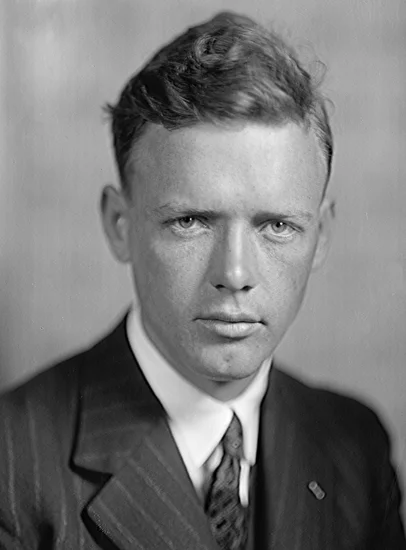
Aviation hero Charles Lindbergh testified before the U.S. Congress regarding American neutrality. He recommended negotiating a neutrality pact with Adolf Hitler’s Germany.
Lindbergh’s controversial testimony sparked intense national debate about America’s role in World War II. His isolationist stance damaged his previously heroic reputation.
1963 – Guinea-Bissau War of Independence Begins
PAIGC guerrilla fighters attacked Portuguese Army positions in Tite, officially beginning the Guinea-Bissau War of Independence. This assault launched a decade-long struggle for liberation.
The conflict would eventually lead to Portuguese withdrawal from the territory. Guinea-Bissau achieved independence in 1974 after sustained resistance efforts.
1937 – Anti-Soviet Trotskyist Trial Begins
Soviet authorities began trials of seventeen mid-level Communists accused of sympathizing with Leon Trotsky. The defendants allegedly plotted to overthrow Joseph Stalin’s regime.
These show trials represented Stalin’s broader purge of perceived political opponents. The proceedings demonstrated the Soviet system’s ruthless elimination of dissent.
Notable Births on January 23
1907 – Hideki Yukawa, Japanese Physicist
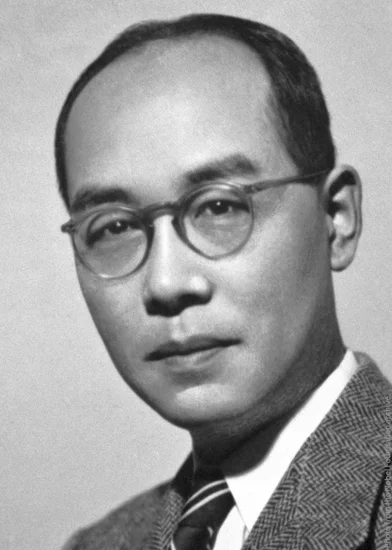
Hideki Yukawa was born in Tokyo, destined to become Japan’s first Nobel Prize laureate in physics. His early fascination with mathematics and theoretical concepts shaped his academic trajectory.
Yukawa would later develop groundbreaking theories about nuclear forces and particle physics. His work fundamentally advanced humanity’s understanding of atomic structure.
1915 – Django Reinhardt, Belgian Jazz Guitarist
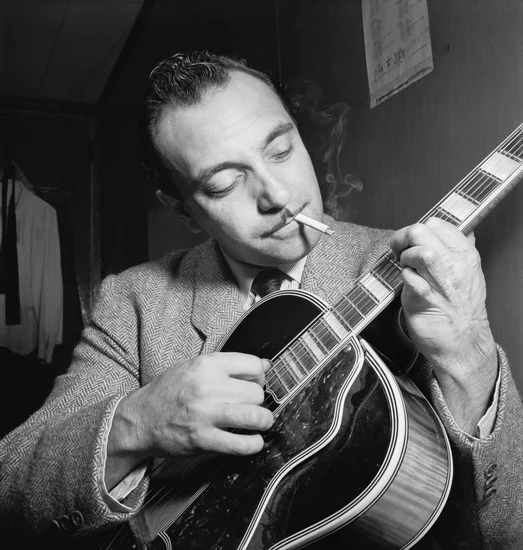
Django Reinhardt entered the world in Belgium, bringing exceptional musical talent to European jazz. His childhood among Romani communities deeply influenced his distinctive playing style.
Reinhardt overcame physical disabilities to become one of history’s greatest guitarists. His innovations helped establish jazz as a serious European art form.
1918 – Gertrude Elion, American Biochemist
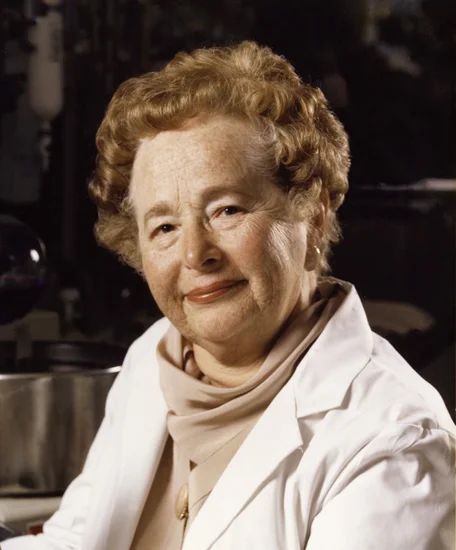
Gertrude Elion was born in New York City, beginning a life dedicated to medical research. Her determination to pursue science despite gender barriers inspired countless women.
Elion would develop life-saving drugs for leukemia, malaria, and other diseases. Her pharmaceutical innovations earned her the Nobel Prize in Physiology or Medicine.
1930 – Derek Walcott, Saint Lucian Poet
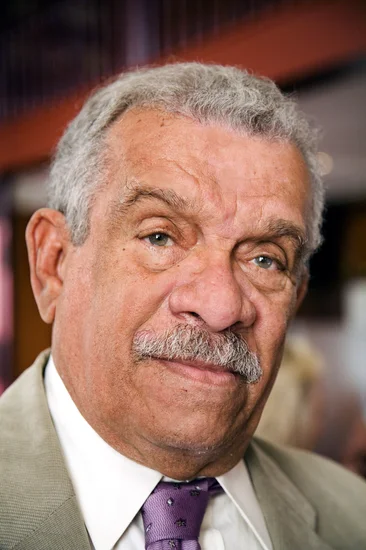
Derek Walcott was born in Saint Lucia, destined to become one of the Caribbean’s greatest literary voices. His multicultural upbringing enriched his poetic perspective.
Walcott’s works explored themes of colonialism, identity, and Caribbean culture. His masterful poetry earned him the Nobel Prize in Literature.
1933 – Chita Rivera, American Actress

Chita Rivera was born in Washington, D.C., bringing exceptional dance and singing talents to Broadway. Her Puerto Rican heritage influenced her vibrant performance style.
Rivera would originate iconic roles in “West Side Story” and “Chicago.” Her contributions to musical theater earned her numerous Tony Awards.
1943 – Gary Burton, American Vibraphone Player
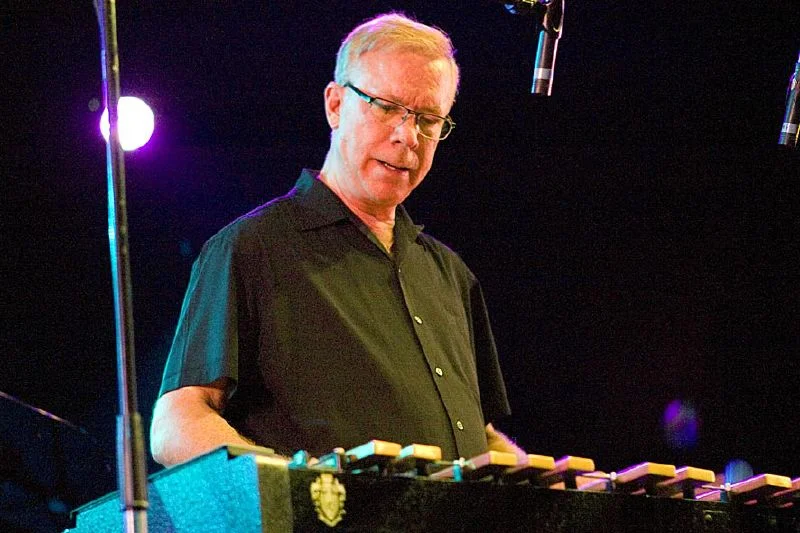
Gary Burton was born in Indiana, beginning a revolutionary career in jazz music. His innovative four-mallet technique transformed vibraphone performance.
Burton pioneered fusion jazz and mentored generations of musicians. His teaching at Berklee College of Music influenced countless jazz artists.
1944 – Rutger Hauer, Dutch Actor
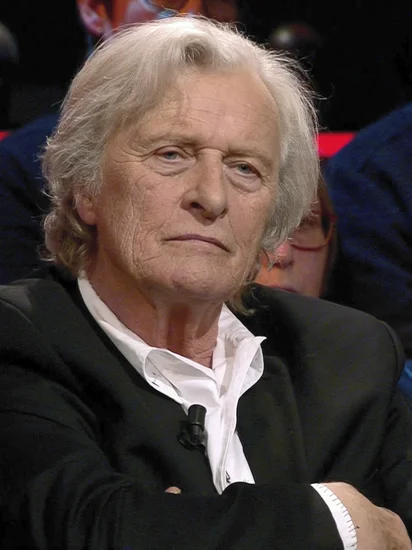
Rutger Hauer was born in the Netherlands, destined for international film stardom. His striking appearance and intense acting style captivated audiences worldwide.
Hauer’s performance in “Blade Runner” created one of cinema’s most memorable characters. His versatility spanned genres from science fiction to drama.
1950 – Richard Dean Anderson, American Actor
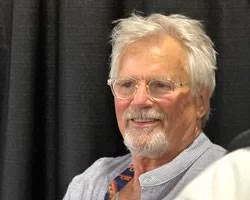
Richard Dean Anderson was born in Minnesota, beginning a career that would make him a television icon. His early interest in acting led to numerous television roles.
Anderson achieved fame starring in “MacGyver” and “Stargate SG-1.” His characters became cultural phenomena, inspiring countless imitators.
1964 – Mariska Hargitay, American Actress

Mariska Hargitay was born in Santa Monica, California, following in her famous mother’s footsteps. Her dedication to acting and social causes defined her career.
Hargitay’s role in “Law & Order: SVU” brought attention to victim advocacy. Her humanitarian work earned her numerous awards and recognition.
Notable Deaths on January 23
1931 – Anna Pavlova, Russian Ballerina

Anna Pavlova died in The Hague, ending one of ballet’s most legendary careers. Her graceful performances had captivated audiences across six continents.
Pavlova’s “The Dying Swan” became ballet’s most iconic solo performance. Her artistry elevated dance to unprecedented heights of popular appreciation.
1944 – Edvard Munch, Norwegian Painter
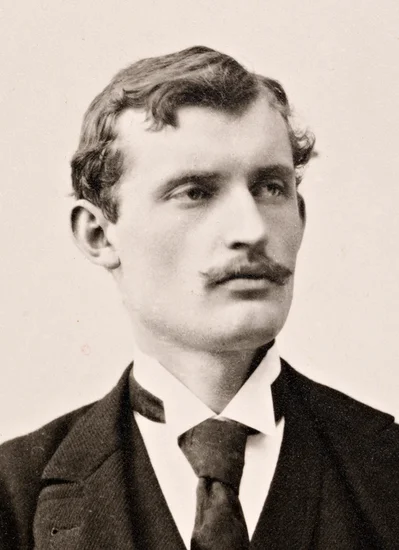
Edvard Munch died in Oslo, concluding a revolutionary career in expressionist art. His emotional intensity had transformed modern painting’s psychological depth.
Munch’s “The Scream” became one of art history’s most recognizable images. His work explored themes of death, anxiety, and human suffering.
1976 – Paul Robeson, American Actor and Activist
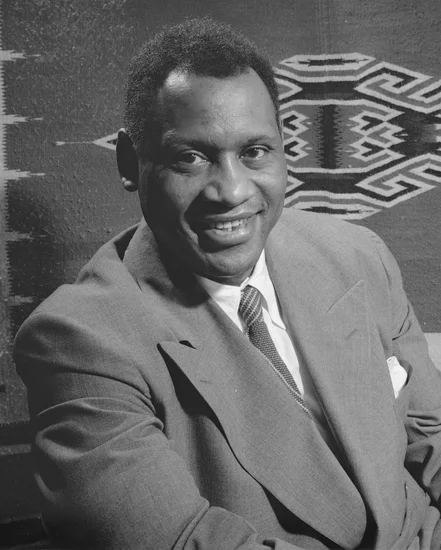
Paul Robeson died in Philadelphia, ending a remarkable career spanning entertainment and civil rights. His powerful voice and principled stands inspired generations.
Robeson’s political activism cost him career opportunities during the McCarthy era. His legacy encompasses both artistic achievement and social justice advocacy.
1989 – Salvador Dalí, Spanish Surrealist Artist
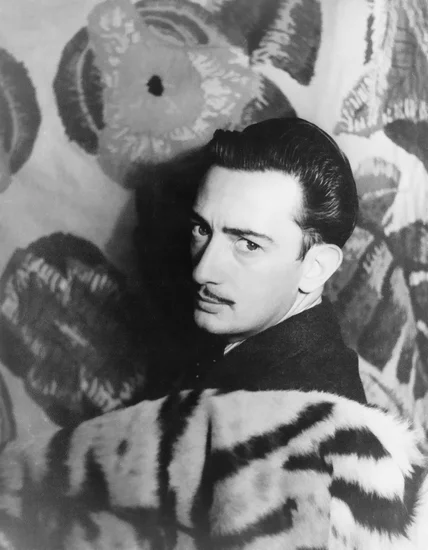
Salvador Dalí died in his native Catalonia, concluding one of art’s most flamboyant careers. His surrealist masterpieces had challenged conventional artistic boundaries.
Dalí’s melting clocks and bizarre imagery became synonymous with surrealism. His theatrical personality made him as famous as his artistic creations.
2004 – Johnny Carson, American Television Host
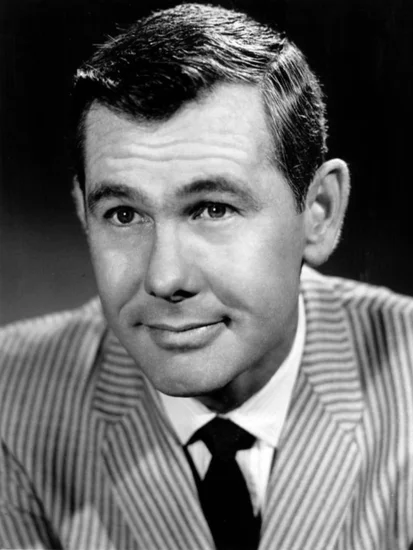
Johnny Carson died in Los Angeles, ending an era of American television entertainment. His thirty-year reign on “The Tonight Show” defined late-night television.
Carson’s wit and interviewing skills made him America’s most beloved entertainer. His influence shaped generations of comedians and talk show hosts.
2015 – Ernie Banks, American Baseball Player

Ernie Banks died in Chicago, concluding a legendary career with the Cubs. His infectious enthusiasm and power hitting made him one of baseball’s most beloved figures.
Banks’ “Let’s play two” attitude epitomized baseball’s joy and optimism. His 512 home runs and two MVP awards secured his Hall of Fame legacy.
2021 – Larry King, American Television Host
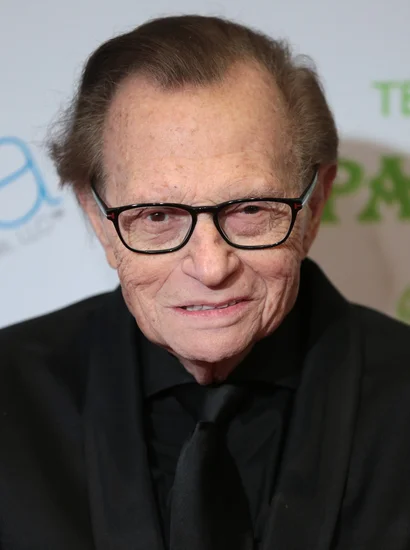
Larry King died in Los Angeles, ending a broadcasting career spanning seven decades. His distinctive interviewing style and suspenders made him instantly recognizable.
King conducted over 50,000 interviews during his remarkable career. His CNN show “Larry King Live” became television’s premier interview program.
Holidays and Observances on January 23
Bounty Day – Pitcairn Islands
Pitcairn Islands celebrates Bounty Day, commemorating the 1790 burning of HMS Bounty by mutineers. This unique holiday honors the island’s founding by Fletcher Christian and his followers.
The celebration includes traditional foods, music, and storytelling about the mutiny. Residents gather to remember their ancestors’ dramatic arrival on the remote Pacific island.
Netaji Subhas Chandra Bose Jayanti
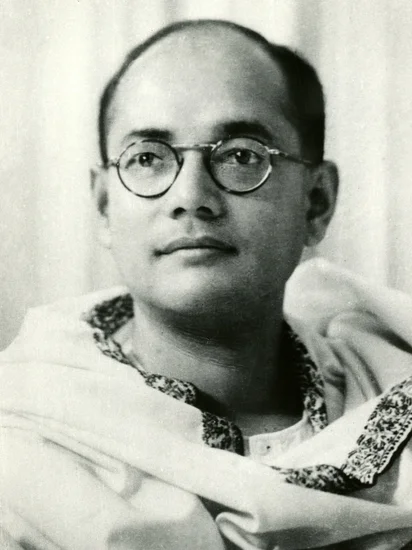
Several Indian states celebrate the birth anniversary of independence leader Subhas Chandra Bose. Assam, Orissa, Tripura, and West Bengal honor his contributions to India’s freedom struggle.
The observance includes parades, cultural programs, and patriotic speeches. Schools and government offices organize special events commemorating Bose’s revolutionary leadership.
World Freedom Day

Taiwan and South Korea observe World Freedom Day, celebrating democratic values and human rights. This day emphasizes the importance of political freedom and civil liberties.
Educational institutions conduct seminars about democracy and freedom of expression. Citizens participate in discussions about maintaining democratic institutions and protecting individual rights.
